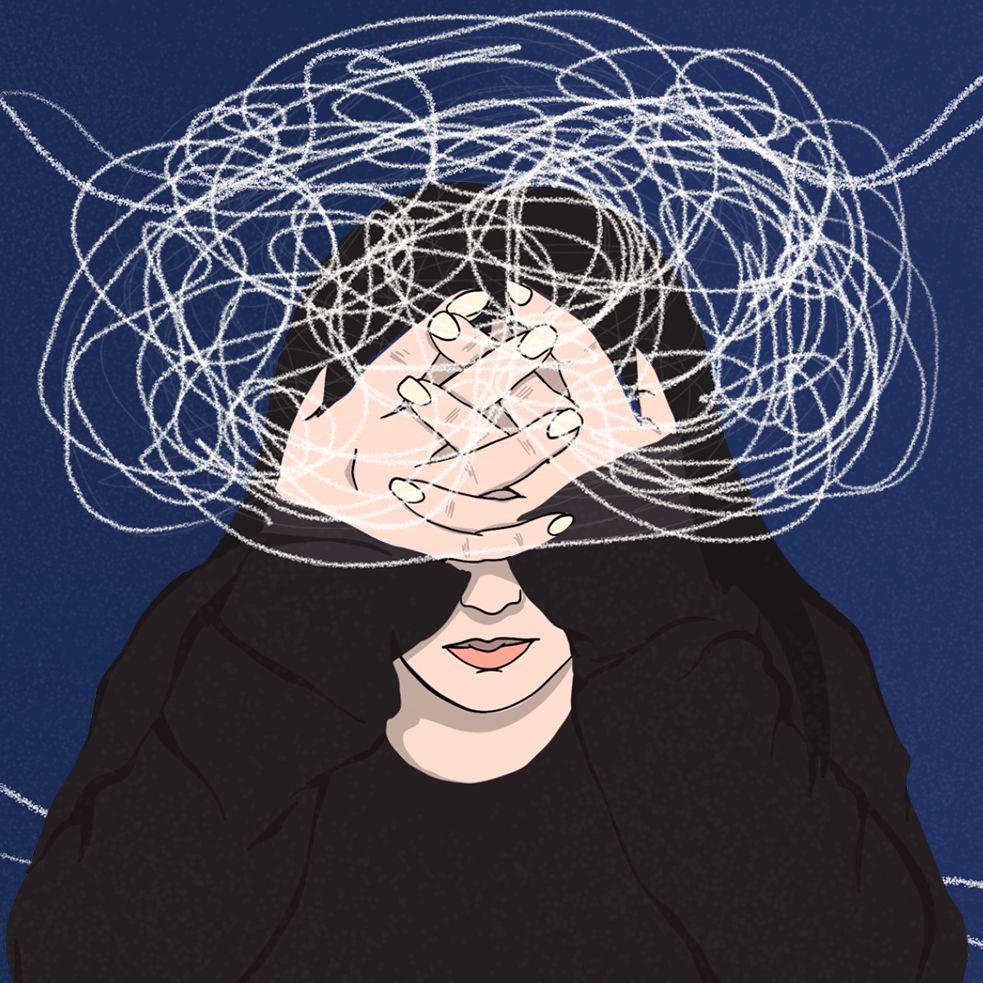Drinking alcohol is a trigger for some people with migraine. Although any type of alcohol can trigger a migraine, people who experience regular migraine attacks cite red wine as the most frequent culprit.
Keep reading to learn more about the connection between migraine and alcohol.

Migraine is a type of neurological disease. Although genetic factors influence
Several studies suggest that alcohol, especially red wine, may trigger migraine attacks.
In a 2018 study involving 2,197 people with migraine,
A 2019 study surveyed people with migraine who drank alcohol. Of the 1,547 participants, 783 said that alcohol was a trigger, and 195 were not sure.
People who experienced migraine with alcohol were more likely to have migraine with aura and to experience more migraine days and more frequent attacks. They were also more likely to drink vodka.
A tendency toward migraine may also play a role in hangovers, especially hangovers that cause migraine-like headaches. A
However, these individuals were not more vulnerable to other hangover symptoms.
Alcohol
Migraine causes a
Hangover headache
A headache is a common hangover symptom. Alcohol can trigger symptoms in those with a headache disorder, but it can also directly cause headaches.
A
Meanwhile, a
Learn more about hangover headaches.
Tension headache
A
However, more
Learn more about tension headaches.
Cluster headache
Alcohol may trigger cluster headaches. These headaches cause very intense pain that often primarily affects the area behind one eye.
Similarly, a
Learn more about cluster headaches.
Dehydration headache
Alcohol increases urination, which
Learn more about dehydration headaches.
People who get hangovers that trigger a migraine may also wish to avoid alcohol with high levels of congeners. These are substances that the alcohol manufacturing process produces. Some research suggests that congeners play a role in hangovers, although factors such as inflammation also contribute.
Brandy, red wine, and rum have the highest levels of congeners, while gin and vodka contain fewer of these chemicals.
However, a 2019 study found higher rates of vodka consumption among drinkers with frequent migraine attacks. The response to alcohol varies from person to person, and there is no alcohol that absolutely will not cause a migraine or other headache.
Preventing migraine begins with identifying and reducing or eliminating common migraine triggers such as alcohol, dehydration, and certain foods. A person should try keeping a migraine diary for a few weeks or months to observe trends in their headache patterns.
Relaxation techniques may help ease stress-related migraine episodes, and they may make migraine episodes feel less severe when they do happen.
People who have frequent migraine attacks may wish to consider migraine prevention medications such as topiramate (Topamax), divalproex (Depakote), propranolol (Inderal), or CGRP inhibitors. They can discuss these treatment options with a doctor.
People who get migraine attacks during or after drinking should consider reducing or eliminating alcohol. If they find this too challenging, they may have alcohol use disorder, which warrants treatment.
Learn more about remedies for migraine.
Migraine episodes can be a periodic inconvenience, or they can be debilitating. The most severe migraine attacks may last up to 3 days or longer and make it impossible to do anything.
Migraine is complex, and other neurological conditions may cause migraine-like symptoms. For this reason, it is important to see a doctor about migraine symptoms or chronic headaches, with or without drinking.
Headaches, including migraine, are treatable with the right combination of medication and lifestyle adjustments.
People who cannot stop drinking should talk with a doctor about treatment for alcohol use disorder, which is a serious but treatable condition.

